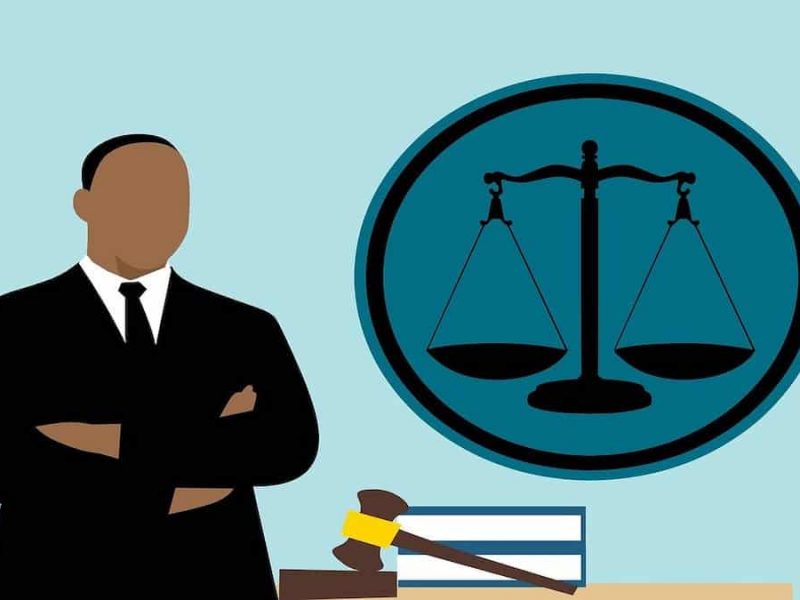Because they are easy to type incorrectly, the words complain and complaint are frequently confused. But what exactly is the distinction?
Simply put, when used as a noun, the term “complaints” refers to expressions of dissatisfaction, pain, or grief. While when used as a verb, the term “complains” refers to the act of expressing discomfort, pain, or unease.
There are a lot of factors why people tend to complain. May it be because of unsatisfactory services of a company, seller, or big boss.
Well, good thing this article addresses how to respond to an alter ego complaint. This allows a plaintiff to add a person, multiple persons, or perhaps another company as a defense and seek to hold them accountable for the debts or other responsibilities of the main organization.
Generally, a company protects its owners and stockholders from creditor claims. The organization form and privileges connected with the other legal papers and known by the state protect the eachstockholders and executives from each or personal liability and are subject counted liability.
In other cases, the corporate liability shield is refused, and the courts deal with the transaction as if the corporation did not exist, making the shareholders and officials personally accountable for the business’s activities and liabilities. This is alter ego theory and needs answer to complaint.
The concept of alter ego enables a plaintiff to lift the veil and seek the corporation’s owners.
By legal definition, alter ego entails when a court decides a corporation lacks a distinct identity from an individual or corporate shareholder, causing harm to the firm’s creditors. It allows the court to lift the corporate veil and make individual shareholders personally accountable for the corporation’s debts.
Among the factors that contribute to altering ego liability are combining corporate money, failing to record corporate minutes, and failing to provide sufficient capital.
Common assets or activity between the two firms strengthens the notion of alter ego liability. If you can show that the same facilities, bank accounts, or commercial operations are employed, you can support an alter ego claim. To avoid alter ego liability, both companies must maintain arm’s length transactions. The absence of receipts or in-kind exchanges is evidence of a lack of length transactions.
As part of their affirmative defenses to an alter ego case, defendants should submit all of the precise information they know, such as that they did not personally guarantee any payments that were owed to the plaintiff.
Interrogatories prepared specifically for the plaintiff should also be sent, requesting them to identify all witnesses and documents that support their alter ego claims, as well as to name all witnesses and documents that support their alter ego claims. Additionally, inquire about any papers that corroborate their alter ego claims.
To Sum Up
SoloSuit, gives an answer to complaint, an online business, seeks to assist Americans being sued for debt fight back. Users can have a consumer protection attorney check over the manuscript on their behalf, then hand the printing and court filing. The idea for SoloSuit originated from entrepreneur George Simons, who struggled to locate an attorney to help him with a lawsuit during his first year of law school.


